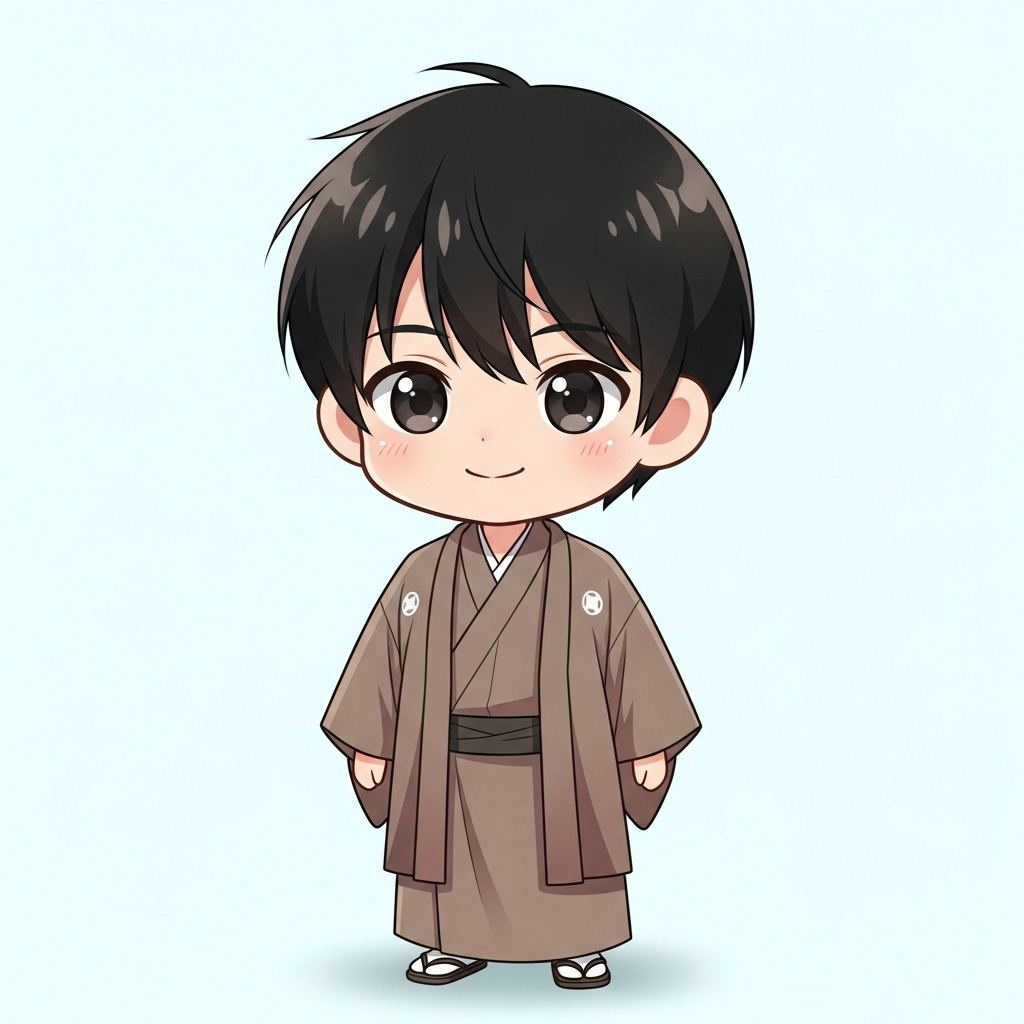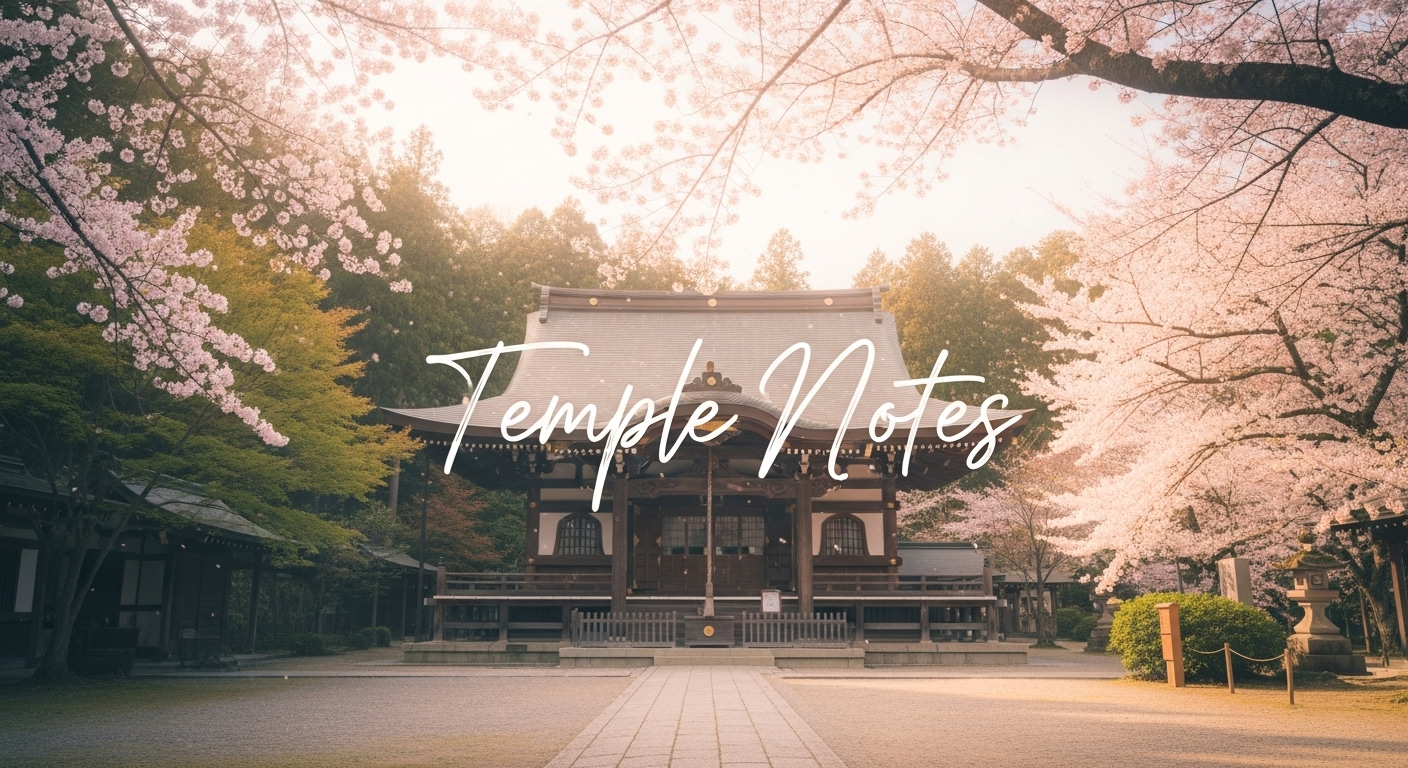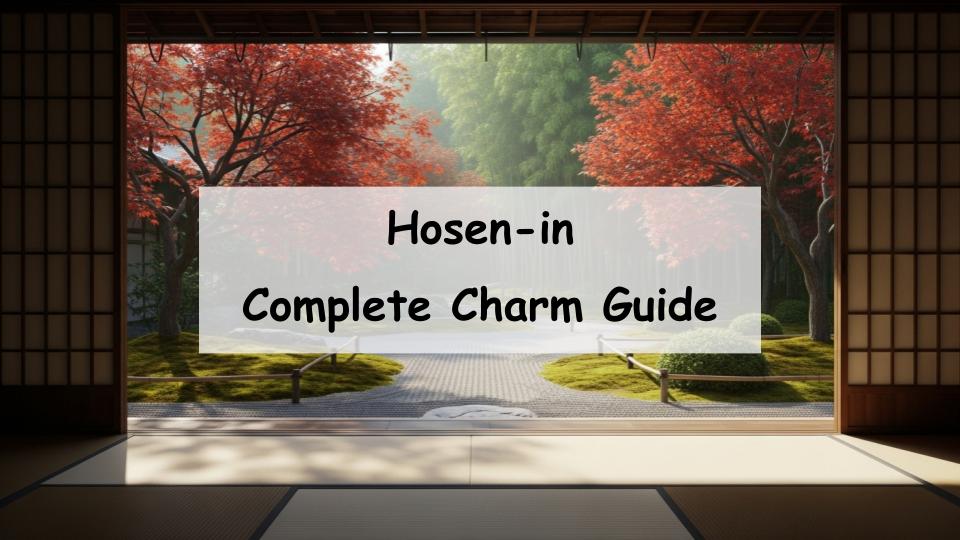Looking to enjoy a peaceful garden surrounded by tranquility and scenic beauty? Hosen-in, located in the Ohara area of Kyoto, is the perfect destination. If you’re wondering, “What makes Hosen-in so special?” “Is it easy to get there?” or “What should I see when I visit?” — this article will answer all your questions.
In short, Hosen-in is a serene retreat famous for its “framed garden,” historic architecture, and calming atmosphere — a must-visit for anyone seeking spiritual relaxation in Kyoto.
In this article, we’ll dive into the features and highlights of Hosen-in, the best times to visit, how to get there, and what to expect in terms of fees and experiences. Whether you’re visiting for the first time or returning for another round of quiet reflection, this guide has you covered.
What is Hosen-in? History and Overview
Overview of Hosen-in
Hosen-in is a sub-temple of the Shorin-in complex, belonging to the Tendai sect of Buddhism. Located in the scenic Ohara area of Kyoto’s Sakyo Ward, it offers a quiet escape surrounded by nature. The temple is best known for its “framed garden,” called Bangkaku-en (Framed Garden), where visitors can admire the garden through the pillars of the temple hall as if viewing a painting.
Historical Background
Founded in the Heian period, Hosen-in has deep historical roots. It served as a place of study and meditation for influential monks such as Honen, the founder of the Jodo sect, and Shinran, the founder of the Jodo Shinshu sect. Over the centuries, the temple has preserved its tranquil spirit and aesthetic, making it a meaningful spot for cultural and spiritual appreciation.
The Charm of the Ohara Area
Hosen-in is located in Ohara, a peaceful rural area northeast of central Kyoto. Known for its lush scenery and cultural heritage, Ohara is home to several famous temples such as Sanzen-in and Jakko-in. It’s an ideal destination for a relaxing day trip where you can enjoy Kyoto’s natural beauty at a slower pace.
Highlights and Features of Hosen-in
The Beauty of the Framed Garden (Bangkaku-en)
The main attraction at Hosen-in is its stunning framed garden. Viewed from within the temple, the pillars and beams act as a frame, turning the garden into a living painting. Sitting quietly on the tatami mats and gazing out at this view allows for a meditative experience that captures the essence of Japanese aesthetics.
Shakyo (Sutra Copying) and Zazen Experiences
Visitors can participate in traditional Buddhist practices such as shakyo (sutra copying) and zazen (seated meditation). These activities offer a chance to reflect inwardly and connect with the peaceful energy of the space. Reservations are usually required, so check ahead if you’re interested in participating.
Historic Architecture and Cultural Assets
The temple buildings are fine examples of traditional Japanese architecture. Designed in harmony with the surrounding garden, the structure exudes simplicity and elegance. Cultural treasures within the temple further reflect its historical significance and spiritual heritage.
Seasonal Natural Beauty
Spring: Cherry Blossoms and Fresh Greenery
In spring, delicate cherry blossoms bloom, and the fresh green leaves offer a sense of renewal. The vibrant scenery sets the perfect tone for a peaceful walk.
Summer: Moss Gardens and Bamboo Groves
During the summer months, the temple grounds are lush with moss and bamboo. These vibrant greens create a refreshing atmosphere that helps you escape the summer heat.
Autumn: Fiery Autumn Foliage
Autumn is perhaps the most popular time to visit. The garden bursts into red and gold hues, creating a spectacular view within the framed garden. For a quieter experience, it’s best to visit early in the morning.
Winter: Serene Snow-Covered Landscapes
In winter, snow blankets the garden in pristine white, enhancing the stillness of the space. Enjoying a warm cup of matcha while gazing at this snowy scene is a peaceful experience unlike any other.
Visitor Information and Admission
Opening Hours and Holidays
Hosen-in is typically open from 9:00 AM to 5:00 PM. Hours may vary slightly by season, but the temple is generally open year-round. This flexibility makes it easy to fit into most sightseeing itineraries.
Admission Fees and Matcha Service
The admission fee is around 1,000 yen and includes matcha tea and a traditional sweet. Sipping tea while admiring the garden is one of the temple’s signature experiences and a delightful way to relax.
Visitor Etiquette
Hosen-in is a place of quiet reflection, so please keep voices low and avoid using your phone inside. Photography is allowed, but flash should be turned off. If participating in activities like shakyo, be sure to check the temple’s website for details and make a reservation if needed.
How to Get to Hosen-in
By Public Transportation
From Kyoto Station, take the subway and transfer to a bus heading to Ohara. Get off at the Ohara Bus Stop and walk about 10 minutes to reach Hosen-in. The total travel time is about one hour, and the scenic countryside walk adds to the charm.
By Car and Parking Information
If traveling by car, take the Meishin Expressway and exit at Kyoto East IC. From there, it’s about a 40-minute drive to Ohara. Paid parking lots are available nearby, and weekdays are generally less crowded.
Recommended Itinerary with Nearby Attractions
Combine your visit to Hosen-in with stops at Sanzen-in and Jakko-in, both within walking distance. A suggested itinerary might include visiting Hosen-in in the morning, followed by Sanzen-in, and ending the day at Jakko-in with a local lunch in between.
Best Time to Visit Hosen-in
Seasonal Highlights
Hosen-in offers something beautiful in every season. Spring brings blossoms and new life, summer brings refreshing greens, autumn offers fiery foliage, and winter wraps everything in tranquil white snow. Each season has its own unique beauty.
Tips to Avoid Crowds
To enjoy a more peaceful experience, visit on weekdays and early in the morning. Autumn weekends can be crowded due to the foliage, but early hours still offer a serene atmosphere. Winter mornings are especially quiet and ideal for reflection.
Nearby Attractions and Food Recommendations
Visiting Sanzen-in and Jakko-in Together
When in Ohara, it’s common to visit Hosen-in along with Sanzen-in and Jakko-in. These temples are close together, allowing you to explore the area’s spiritual and natural richness on foot.
Local Cuisine to Try in Ohara
Ohara is known for its simple yet flavorful local dishes, such as shojin ryori (Buddhist vegetarian cuisine), pickled vegetables like shibazuke, and handmade tofu. Nearby tea houses also serve delicious Japanese sweets and matcha.
Where to Stay in Ohara
Though Hosen-in is easily accessible for a day trip, spending a night in Ohara lets you enjoy the tranquility even more. Local inns and ryokan offer rooms with garden views, providing a peaceful overnight experience. Be sure to book in advance, especially during peak seasons.
Conclusion: A Peaceful Escape at Hosen-in
Key Takeaways Before You Visit
Before visiting Hosen-in, review the opening hours, admission details, and main highlights to make the most of your experience. Planning ahead allows for a smoother and more enriching visit.
Why Hosen-in is Great for First-Time Visitors
You don’t need deep knowledge of Buddhism or history to enjoy Hosen-in. The beauty of its garden, the quiet of its temple hall, and the welcoming atmosphere make it accessible to anyone looking for a meaningful, restorative escape in Kyoto.
Whether you’re seeking cultural insight or simply want to unwind, Hosen-in offers a perfect blend of nature, history, and peace.
A Message from the Guide

The garden is incredibly beautiful.










Comment